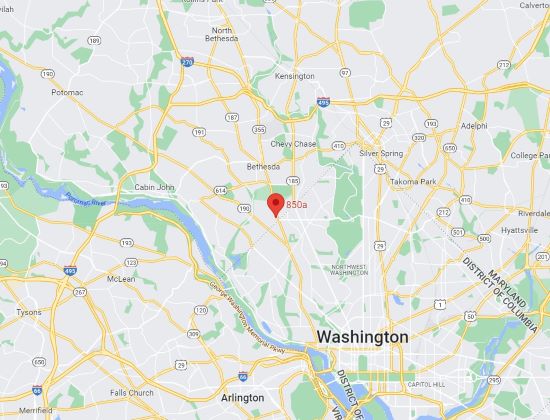PRK Risks

PRK risks can be dramatically minimized by choosing an experienced, reputable surgeon.
Temporary Side-effects
Even safe PRK surgery performed by an experienced surgeon will result in some temporary side effects, including irritation, sensitivity to light, and unstable vision. By following your surgeon’s directions and attending follow-up screenings, these side effects will gradually subside.
Dr. Holzman’s vast experience in PRK and other refractive surgeries can minimize risks and ensure a successful outcome.
Potential Complications
Due to a range of factors, PRK risks include:
Undercorrection or Overcorrection: Depending on the method your surgeon uses to assess the amount of correction you require, your surgery could result in too little or too much corneal tissue being removed, resulting in less-than-perfect vision.
Regression: For some patients, as the cornea heals, it may regenerate cells that reverse the corrections made by the surgery. These new cells can lead to a regression in vision. Mitomycin C, a prescription medication, can reduce this risk.
Loss of Clarity from Best Corrected Vision: Following PRK, there is a chance that you will not see with the same clarity you would have with glasses or contacts.
Corneal Ulcers: A rare but serious risk of PRK is the development of corneal ulcers. Antibiotics can help reduce this risk.
Astigmatism: If a patient’s eyes heal improperly, or there is an error in the modification of the corneas, the patient may develop astigmatism, or corneal asymmetry resulting in a compromised ability to focus.
Increased Intraocular Pressure: Increased intraocular pressure (IOP) can result from PRK surgery. If IOP is not controlled, it can damage the optic nerve, leading to partial or total vision loss.
“Our patients are in good hands.”
Following your procedure, it is essential that you follow recovery instructions to manage post-surgery side effects. Temporary side effects of LASIK and PRK can include dry eyes and halos. Dr. Andrew E. Holzman makes every effort to minimize your laser eye surgery risks by thoroughly evaluating your candidacy and ensuring that you are provided with the highest level of care.
Assessing Risk
Careful assessment of your PRK candidacy can dramatically reduce the risk of complications and boost the likelihood of a successful surgery. For example, if you have an autoimmune disorder, take steroids, or have keratoconus, you may not be able to safely undergo the procedure. Dr. Holzman conducts an in-depth evaluation before recommending PRK or any refractive surgery to ensure the safety and satisfaction of his patients.
Other Considerations
Patients must understand that even if they are excellent candidates, and if an experienced surgeon performs their procedure, the results of PRK will not last forever, and they may not provide complete freedom from corrective eyewear. As we age, vision inevitably declines, and this is true for those who have undergone refractive surgery as well as those who have not. Presbyopia, or age-related farsightedness, is a condition in which the crystalline lens loses elasticity, and can no longer complement the cornea to provide the same degree of focus. Patients may eventually elect to have a “touch-up” procedure to restore the results of PRK, or undergo other treatments to keep their need for corrective eyewear at a minimum.
Call for a Consultation
If you are considering PRK for vision correction and would like to learn about the risks and side effects, call our office today to set up a consultation with Dr. Holzman. His vast experience in PRK and other refractive surgeries can minimize risks and ensure a successful outcome.



